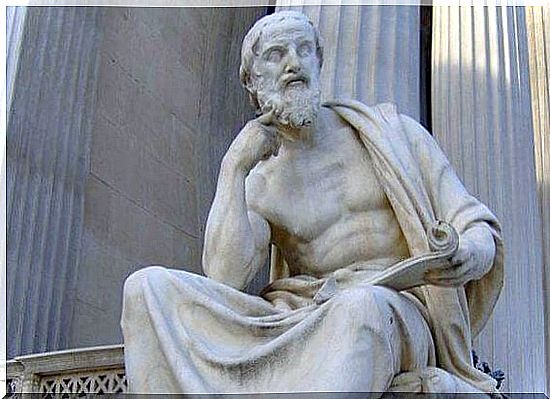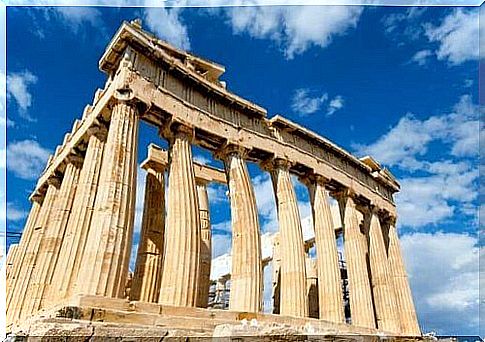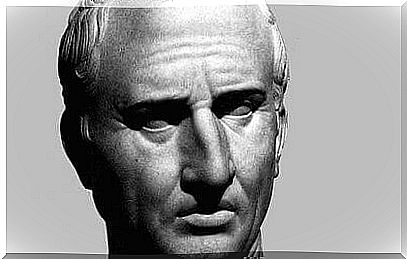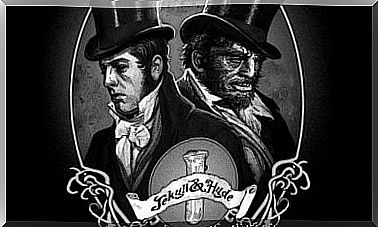Herodotus, Biography Of The First Historian And Anthropologist

Herodotus of Halicarnassus was an ancient Greek historian and geographer who lived between 484 and 425 BC. JC. He is currently considered to be the father of historical discipline in the West. Some even think that he is also the father of anthropology.
He is the first historian who left a reasoned and structured trace of human events and actions. For this he made use of a wide variety of oral and written historical sources. As we see, Herodotus was a forerunner. Let’s dig deeper into its history.
The history class Herodotus was doing
The Histories is the work in which Herodotus first presented what was to become the historical discipline. He had two objectives:
- Keep in mind the events experienced by the Greeks as well as by the barbarians.
- Research and explain the causes of these events and the effects on the Greek and Persian peoples.

The events noted by Herodotus concerned the Median Wars (492-478 BC). This conflict involved the Persian Empire and Greece.
These events are written in prose and not in verse. Thus, even if Homer, the author of The Illiad and The Odyssey, had a clear influence on Herodotus, the latter moved away from his way of writing. However, it kept certain characteristics of it like third-person storytelling, the use of formal and sustained language, and the commemoration of events and characters so that they do not fall into oblivion.
Another big difference between epic poetry and the historiography of Herodotus concerns the sources of information. While the muse was Homer’s main source of inspiration, Herodotus immersed himself in a process of seeking information. His aim was to develop his narratives with continuity and a certain historical sense.
Herodotus, the traveling historian
Herodotus was a great traveler because of his immense curiosity. So he inevitably wrote down everything he saw and heard on his travels. This is clearly reflected in the method of gathering information that he employed to shape his great historical work. It consisted of following different points:
- Researching and gathering information about what he could directly see. He used descriptions of graphic aspects, customs of the villages visited and their most surprising peculiarities.
- If he could not have direct information, he used oral testimonies of the inhabitants of the places he visited.
- Moreover, it relied as much on sources written and produced by epic poets as by logographers.
Throughout his work, Herodotus explains to us how he used information to recount events. He has always stressed the importance and the difficulty of using several sources to make a historical account that is as truthful as possible. This use of direct sources, oral and written, made Herodotus a decisive character. It marked a before and an after in historiographic production.
Stories
His immense work, the Histories, is divided into 9 volumes. Each has its own themes, its own places, its own events:
- In the first book, he exposes the possible causes of the Med Wars. For this, he mainly tells us about the kingdom of Lydia at the time of King Croesus. According to the historian, the latter was the first aggressor and broke out the conflicts between Greece and Persia.
- In the second book, he tells us about Egypt and its great wonders. The author describes its geographical aspects and the most important Egyptian customs. It also makes a synthesis of the long history of the country.
- The third book exposes the causes which prompted the Persian Cambyses to attack Egypt in order to conquer it. It tells about how the military campaign unfolded, how Cambyses personality was and ends with his death and the ascension to the throne of Darius I.
- The fourth book consists of two major segments. The first concerns Scythia (a region of Central Asia) and the second, Libya.
- From the fifth to the ninth book, Herodotus focuses on the conflict between the Greeks and the Persians during the Med Wars. In the fifth volume, he recounts the advance of Persia on Greece, and more specifically in Macedonia and Thrace. He also tells us about the history, geography and culture of Sparta and Athens as they both participate in the conflict.
- In the sixth book, he discusses Darius’ expedition which ends with a Greek victory at Marathon. In addition, in the seventh volume, we find the account of a series of dramatic battles, like the battle of Thermopylae. Finally, the eighth and ninth books deal respectively with the battles of Salamis and Plataea.

The first historian and anthropologist
Because of his immense work and the methods of gathering information that he used, Herodotus is considered the father of the historical discipline by a large number of contemporary historians. Thanks to the descriptions of the events he experienced during his travels, we have traces of one of the conflicts that marked much of Europe and ancient Asia. These descriptions were supported by visual, oral and documentary references, and not simply by the author’s imagination.
However, he is not only considered to be the first historian: he is also the first anthropologist. This is due to the use of participatory observation – a fundamental characteristic of what is known today as the ethnographic method – and to its great interest in the customs and traditions of peoples who do not were not Greek.









